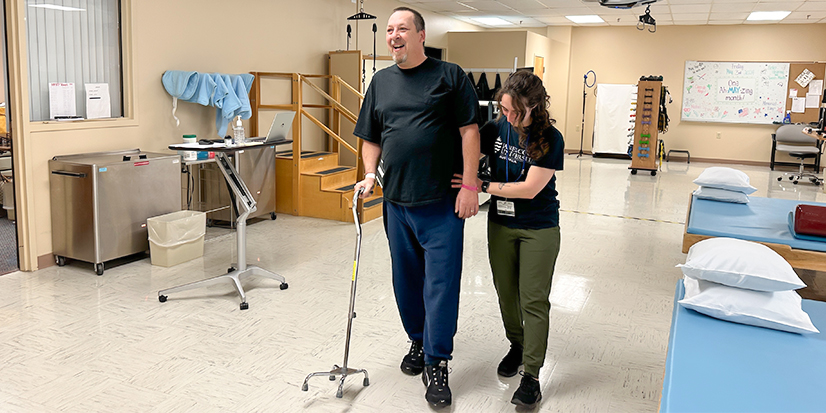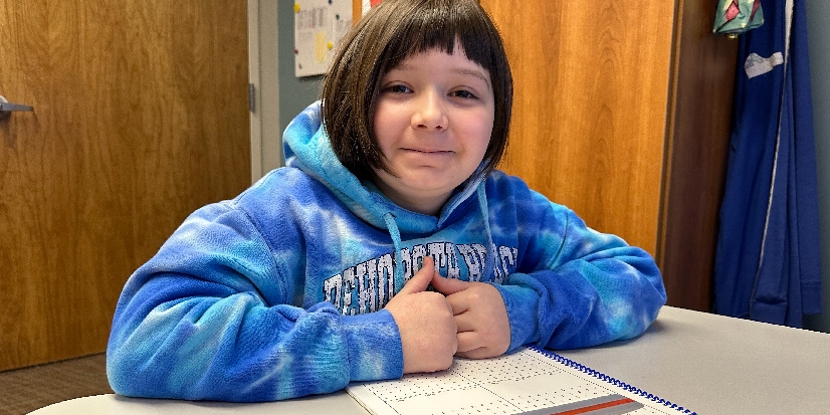Stroke Recovery: Chet’s Story
- Author: Chet K
- Date Submitted: Aug 17, 2023
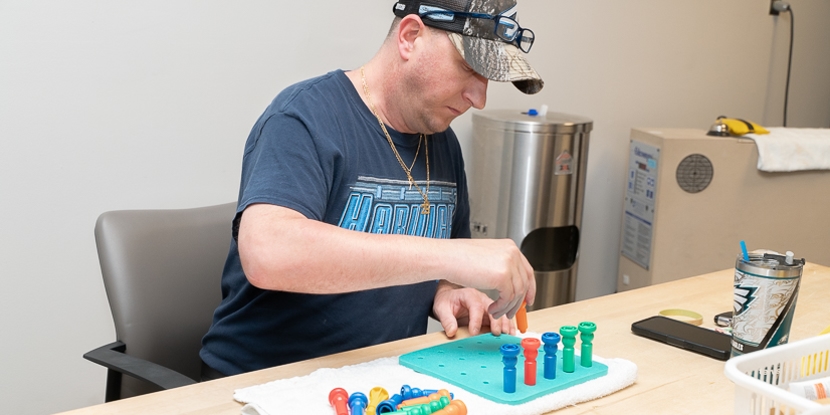
For nearly a year, 46-year-old Chet K. of Dickson City has been coming to Allied Services Carbondale Rehab Center working to overcome the physical deficits he was left with after two strokes.
“It was crazy! I was only 44 at the time and I was just sitting, watching tv when all of a sudden I had this pain in my head and I started to talk funny,” Chet noted as he recalled the events leading up to what would be his first stroke.
“I kept dropping the television remote and I looked at my hand and I just couldn’t make it do anything.”
“I called my girlfriend and of course she wanted me to go to the hospital - but within 15 minutes everything was gone. It just stopped. So I went to bed. I even went to work the next morning.”
The next day Chet did get up and go to work just like nothing had happened. He worked all day with no symptoms and other than the strange occurrence the night before, he was feeling fine - but he and his girlfriend were so unsettled by what had happened they decided he should be seen by a doctor.
“We went to the ER (emergency department) and after a scan, they told me I needed brain surgery quickly! I had a brain bleed and I was transferred to another hospital right away and had surgery.”
Chet was suffering from a ruptured arteriovenous malformation in his brain, commonly called an “AVM”. A brain AVM may not cause any signs or symptoms until it ruptures, resulting in hemorrhage. Some hemorrhages associated with AVMs go undetected because they cause no signs or symptoms. However, potentially life-threatening bleeding episodes may occur.
Doctors said in Chet’s case initially his symptoms spontaneously resolved because the bleeding had slowed, but the vessels were not going to hold much longer and the outcome would have been devastating.
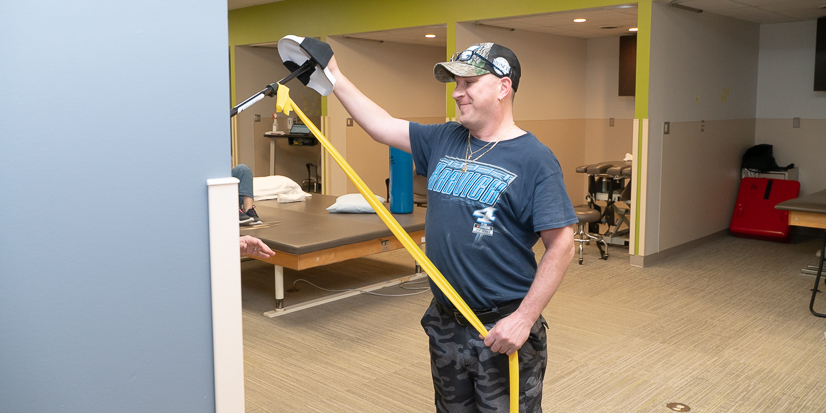
Chet’s AVM resection surgery was a success and he was placed in the intensive care unit for observation, but about 4 days later he woke up and was unable to move his right side.
“I didn’t understand what was happening. I went in for surgery, and I was fine and now this. They (doctors and nurses) said from the trauma of surgery I had another stroke in my sleep.”
After 2 weeks in the hospital, Chet was discharged to home with some home care services. Once he was well enough, he began outpatient therapy at Allied Services Carbondale Rehab Center.
“I could barely walk. I couldn’t even stand if I didn’t have someone holding on to me. It has been a long process, but now, I’m doing pretty good. I can walk, I can talk - but I do still have trouble with my hand.”
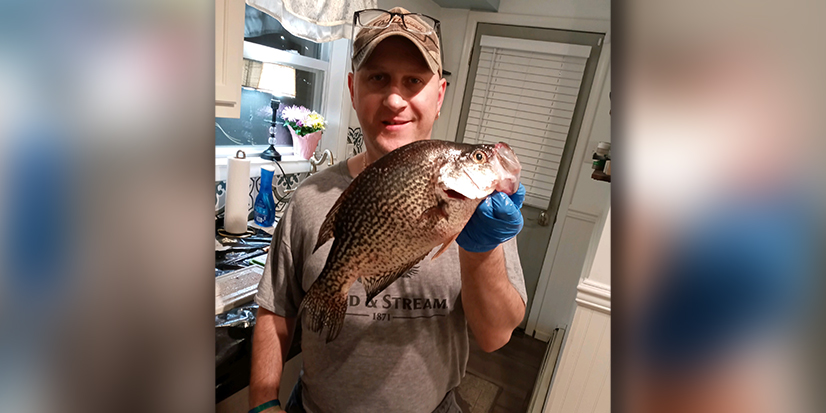
Because of the loss of his fine motor skills and the intricacies of his work at Marywood University, Chet was not able to return to work and was deemed disabled, but he has other things to keep him busy.
“I have always loved to fish. I used to do big tournaments in upstate New York on Lake Oneida with my buddy. It’s harder now to fish with my hand, but I have this new reel that you push a button and you can reel it in with one hand so I am looking forward to setting that up, and I also have a lot of container gardening I do around the house.”
———
Learn more about the stroke warning signs and symptoms. Use the letters in F.A.S.T. to spot a Stroke
- F= Face Drooping – Does one side of the face droop or is it numb? Ask the person to smile. Is the person's smile uneven?
- A= Arm Weakness – Is one arm weak or numb? Ask the person to raise both arms. Does one arm drift downward?
- S = Speech Difficulty – Is speech slurred?
- T =Time to call 911
Other Stroke Symptoms: Watch for Sudden
- NUMBNESS or weakness of face, arm, or leg, especially on one side of the body
- CONFUSION, trouble speaking or understanding speech
- TROUBLE SEEING in one or both eyes
- TROUBLE WALKING, dizziness, loss of balance or coordination
- SEVERE HEADACHE with no known cause
Stroke Recovery at Allied Services
To learn more about how we can help with stroke recovery, please call us at 570-348-1360 in Scranton and at 570-826-3900 in Wilkes-Barre.

